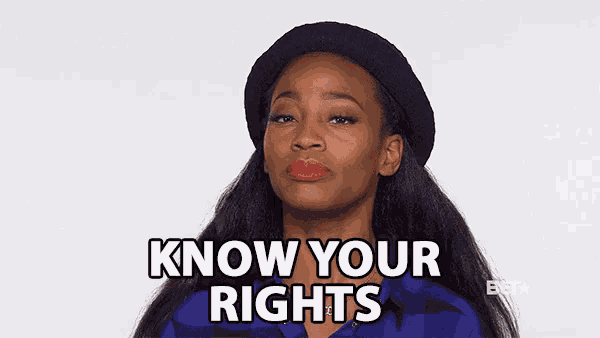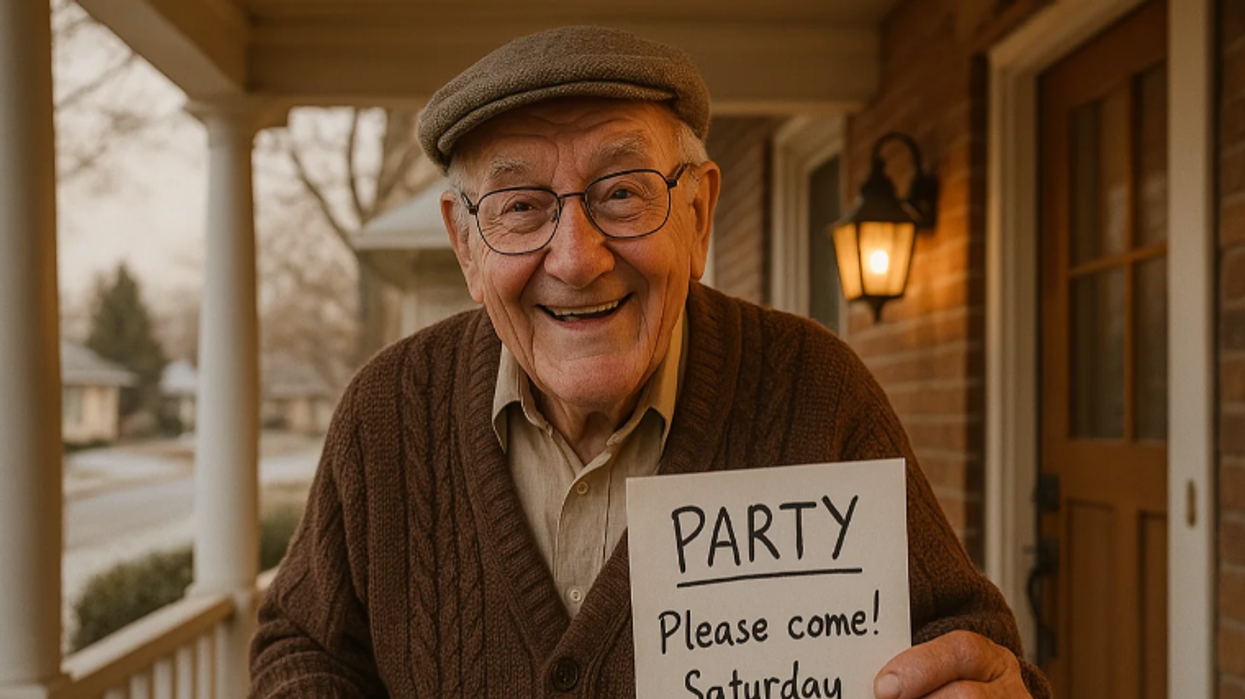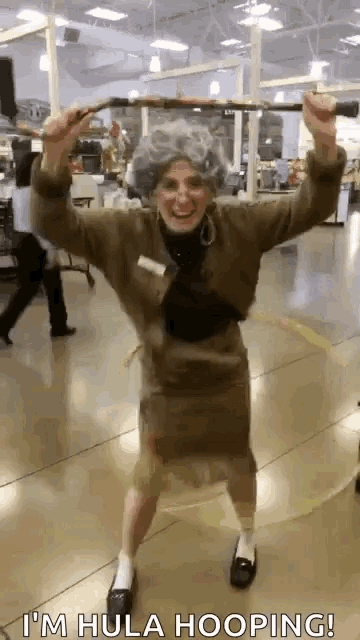For many kids, signing yearbooks is a highlight of the school year—a way to celebrate friendships and memories. But for 12-year-old Brody Ridder, it was a painful reminder of how isolated he felt. When the sixth grader at the Academy of Charter Schools in Westminster, Colorado, came home with only a few signatures—one of which was his own—his mother, Cassandra Ridder, was heartbroken.
"Hope you make some more friends. — Brody Ridder," the boy had written in his own yearbook. Apart from his note, only two classmates and two teachers had signed.
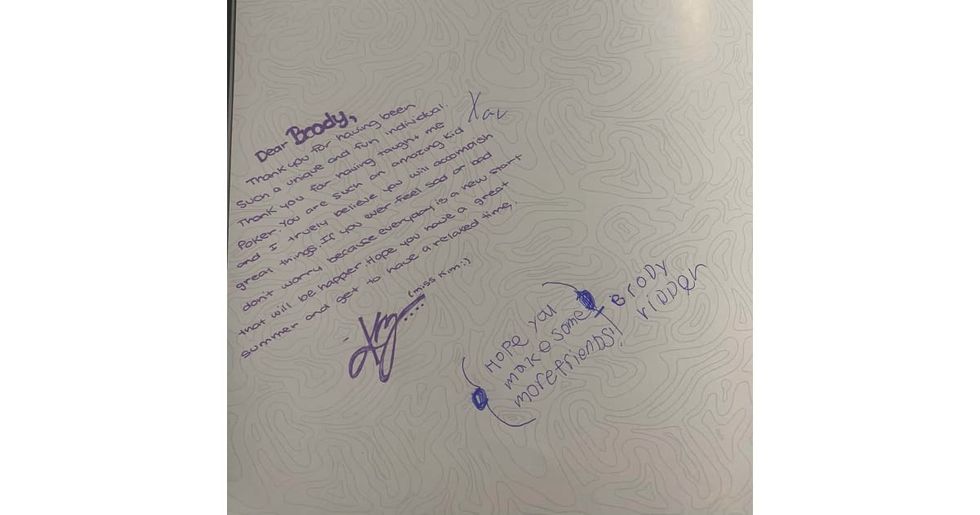
Brody has struggled socially since switching schools in fifth grade. His mother shared that, despite making friends at his previous school, he has been bullied repeatedly over the past two years.
"There [are] kids that have pushed him and called him names," Ridder told The Washington Post, explaining that she moved him to the charter school for more academic support. While some of the bullying lessened after she addressed it with school administrators in February, she knew her son was still struggling.
"They told me no. It made me sad."
— Brody Ridder
Cassandra Ridder was devastated. "We try to teach kindness in our family, and not seeing any kindness from students in his class was appalling to me," she said. Wanting to spark a conversation about bullying, she shared a photo of Brody’s yearbook note in a private Facebook group for school parents.
The teenagers marched into Brody Ridder's class and filled the sixth grader's yearbook with messages of friendship and support. https://t.co/NAbQIBvTat
— WPXI (@WPXI) June 3, 2022
She hadn’t asked Brody before posting, but she knew he’d support it. "Brody has always told me he wants to be part of the solution," she explained.
A wave of kindness
Ridder’s post quickly caught the attention of older students at the school, who decided they had to do something.
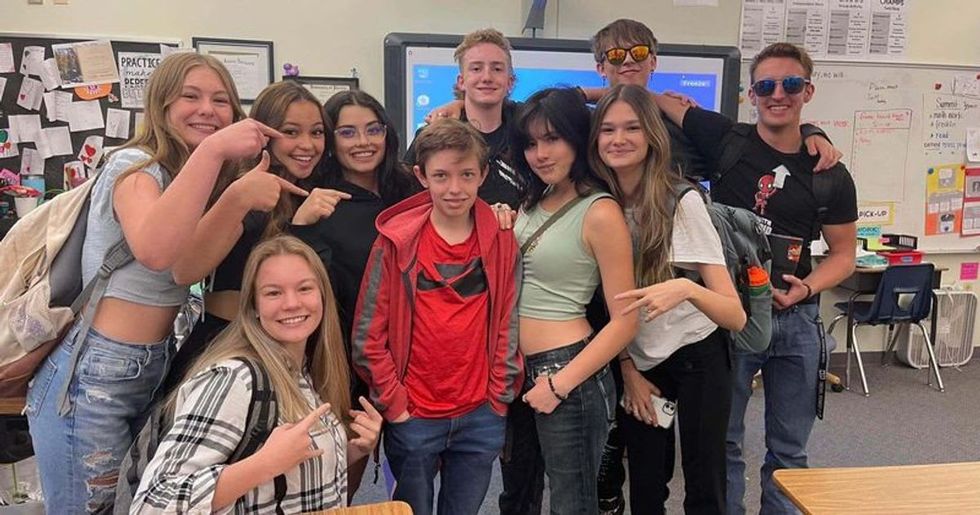
Seventeen-year-old Joanna Cooper was one of them. When she saw a screenshot of the post from her mom, she immediately took action.
"No kid deserves to feel like that."
— Joanna Cooper
"I decided I would get people and we're going to sign his yearbook," Cooper said.
She remembered the pressure of fitting in at Brody’s age, recalling that having signatures in a yearbook wasn't just about popularity—it was about knowing you had friends. "That people would tell him no and deny him a signature, it just hurt my heart."
Cooper rallied a group of friends, but unbeknownst to her, other students had the same idea. Simone Lightfoot, another 11th grader, related to Brody’s experience.
"When I was younger, I was bullied a lot like him," she said. "If I could do one little thing to help this kid feel a little better, I'd be more than willing to."
Eighth grader Maya Gregory echoed the sentiment.
"No one helped me when I was in that situation, so I wanted to be there for him."
— Maya Gregory
The best kind of surprise
The next day, Brody’s classroom was filled with a swarm of older students, all there to sign his yearbook.
At first, he was shy, but as pages filled with kind messages, phone numbers, and words of encouragement, his spirits lifted. By the end of the day, he had collected more than 100 signatures and even received a gift bag.
"Just seeing him light up, it felt really good," said Cooper.
Her spontaneous act of kindness has now inspired a bigger mission. She hopes to organize a schoolwide yearbook signing event next year to ensure no one is left out. "It was a small thing, but it made him so happy," she said.
A lesson in empathy
The movement didn’t just impact Brody—it set an example for his own classmates. Inspired by the older students, several of them got up and added their names to his yearbook.
When Paul Rudd learned that Brody Ridder, 12, couldn't get any of his classmates to sign his yearbook, he sent the kid a handwritten note and a signed Ant-Man helmet. Be more like Paul Rudd.
(Via his mom, Cassandra) pic.twitter.com/O79LCXCSaK
— The Arrow (@aarparrow) July 10, 2022
"It really showed us that coming in to make his day was already having an impact on the people in his class," Cooper said.
School administrators took notice, too. Brent Reckman, chief executive at the Academy of Charter Schools, acknowledged that the transition from remote learning to in-person classes has been challenging for many students.
"A lot of students are struggling with peer relationships and social skills," he said. "It can be really tough to be a teenager. I was really impressed with how our students stepped up when they saw a peer in need."
The story even got the attention of Hollywood. Actor Paul Rudd heard about Brody’s experience and stepped in to make his day a little brighter. He sent Brody a handwritten note and a signed Ant-Man helmet. A post from The Arrow summed it up best:
While Brody’s experience began with rejection, it ended with an overwhelming show of support. His story is a reminder that even small acts of kindness can have a profound impact—and that no one should have to feel alone.





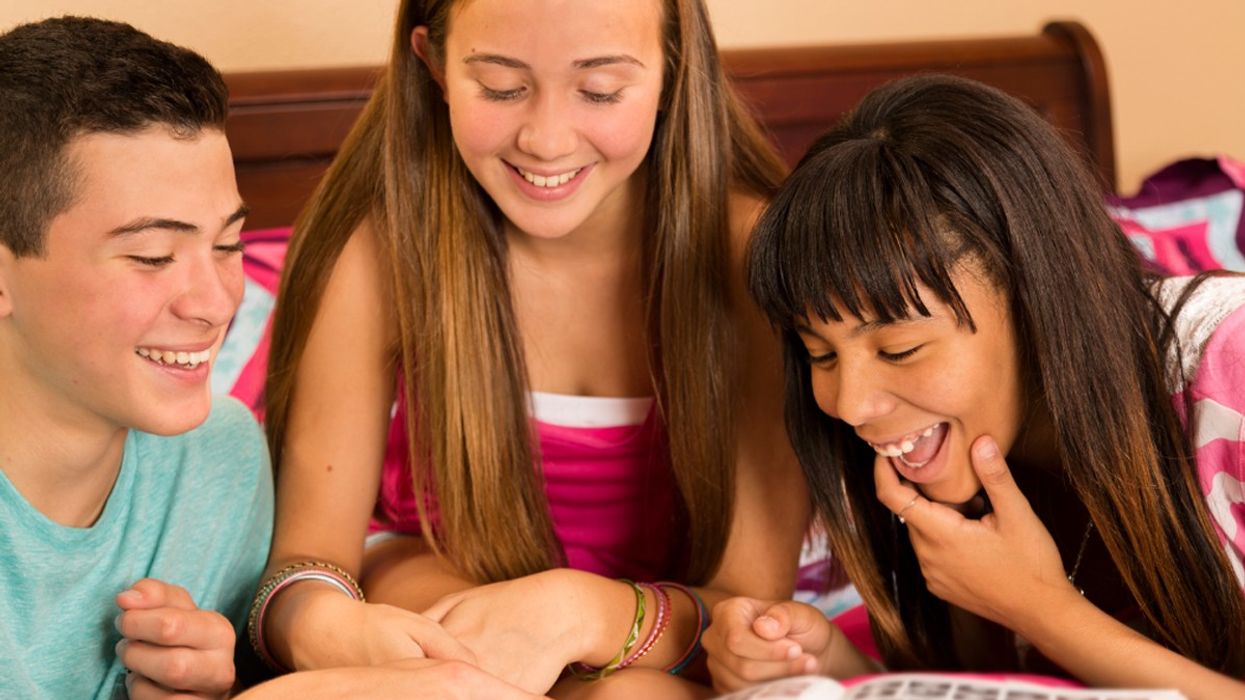





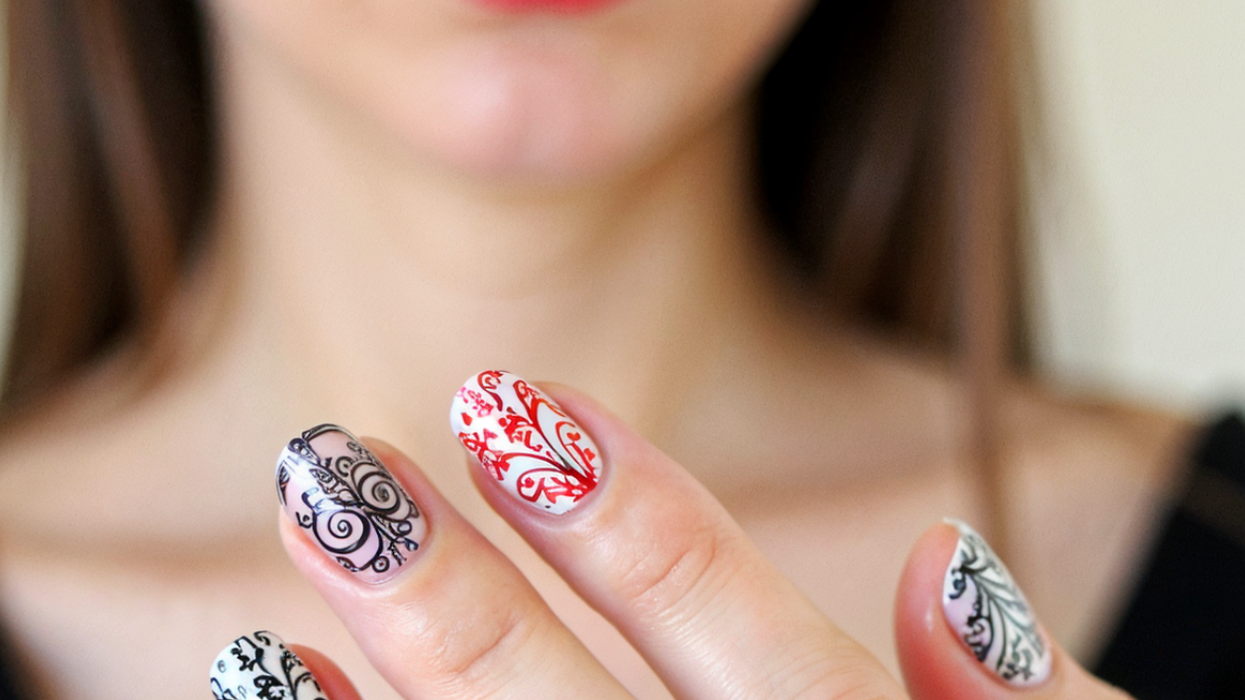

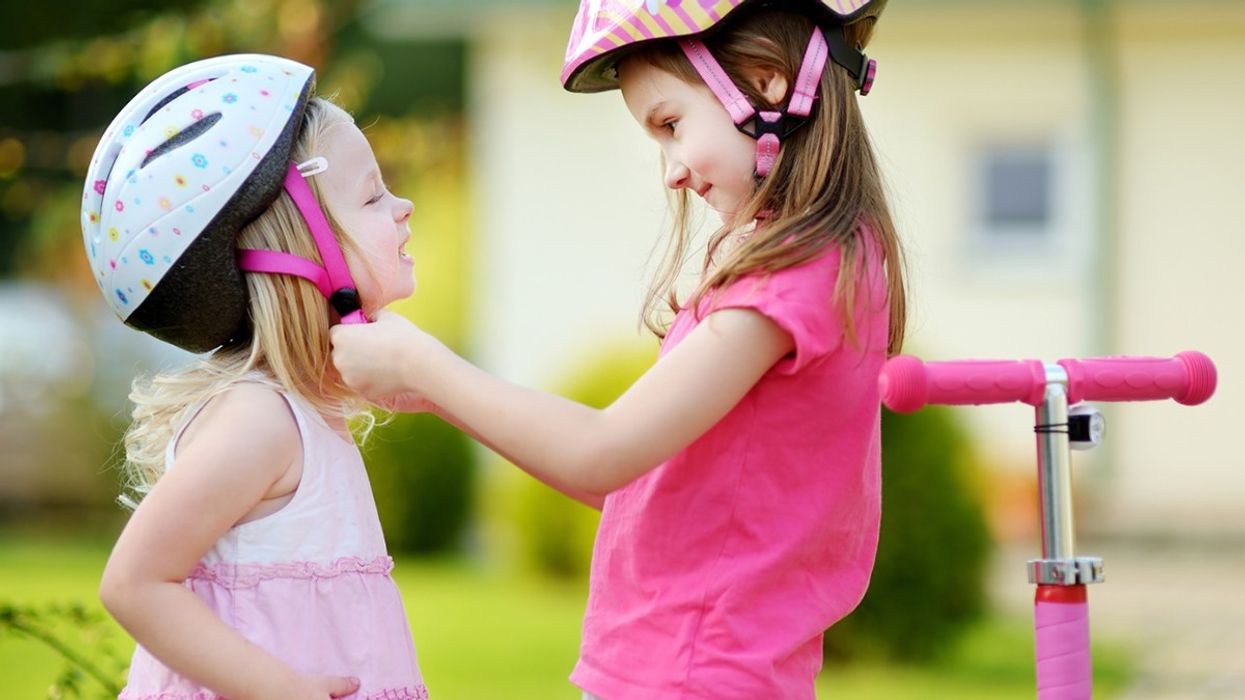




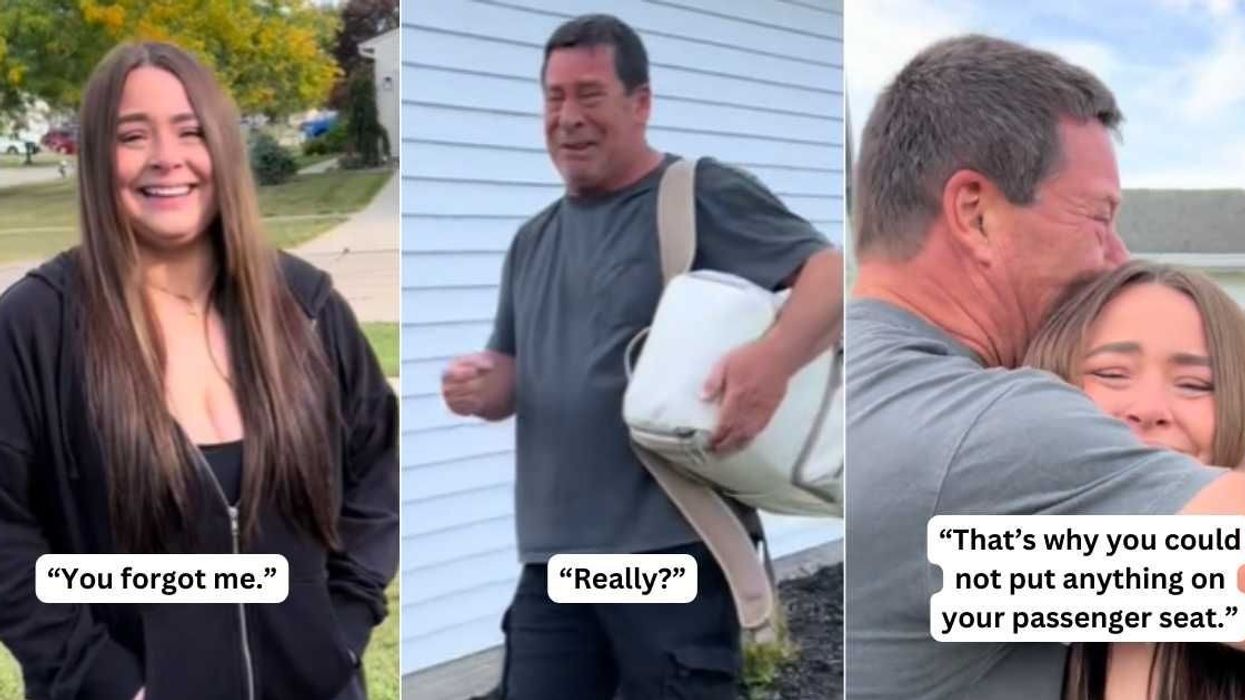
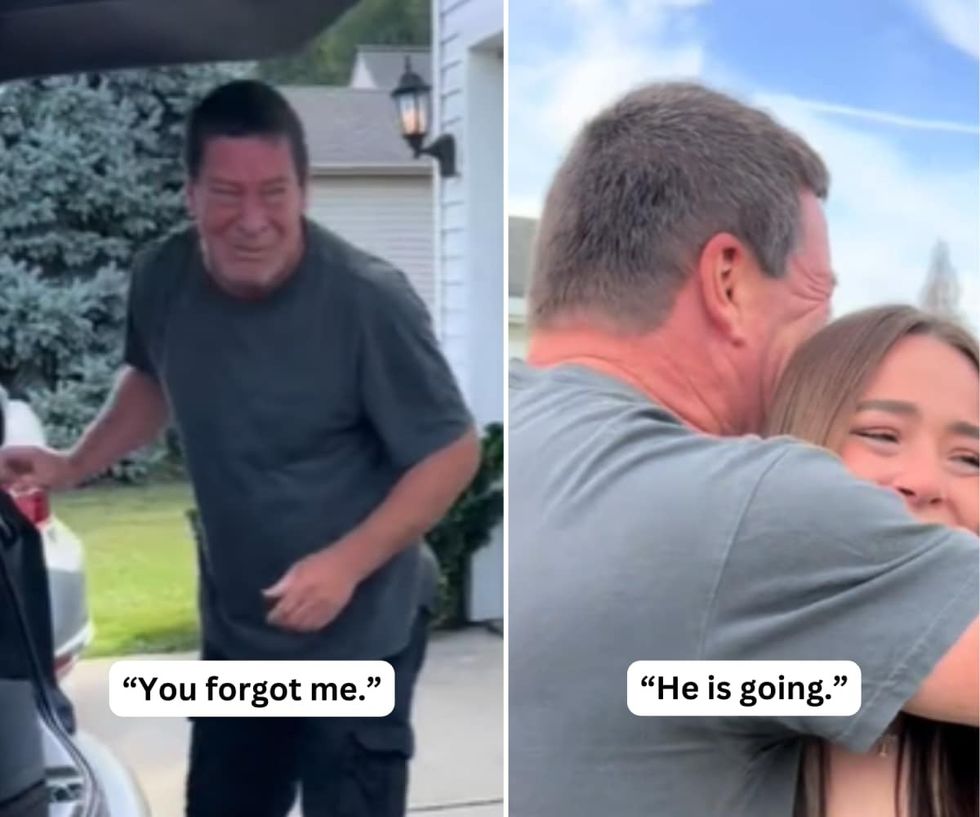
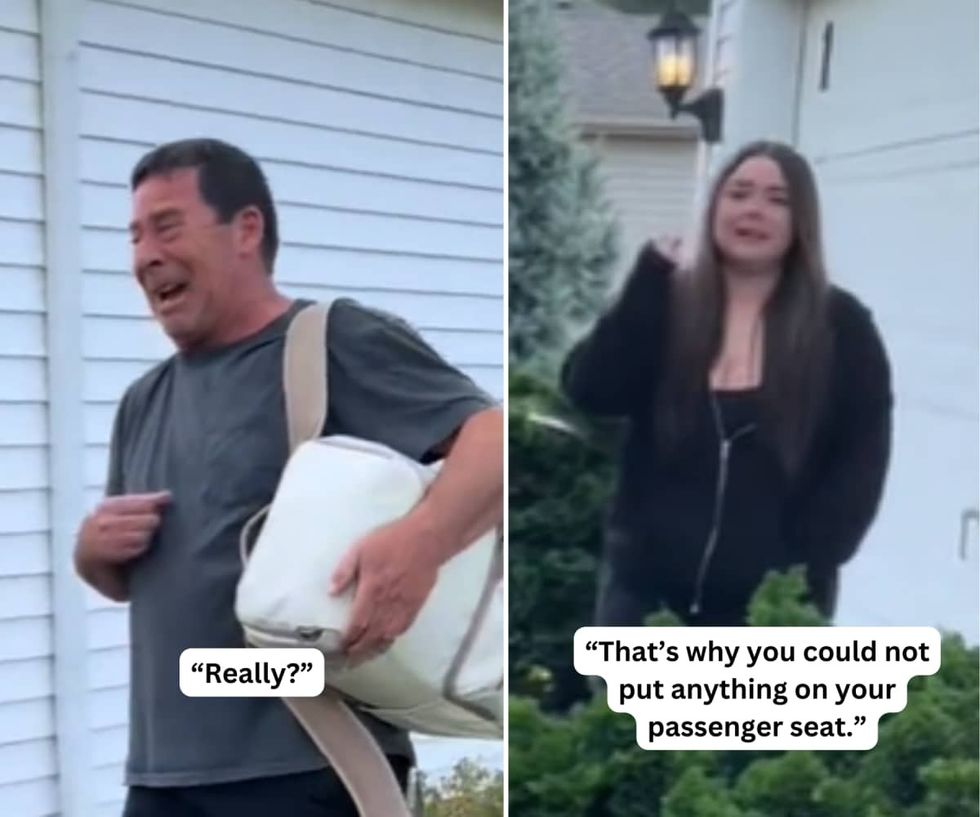
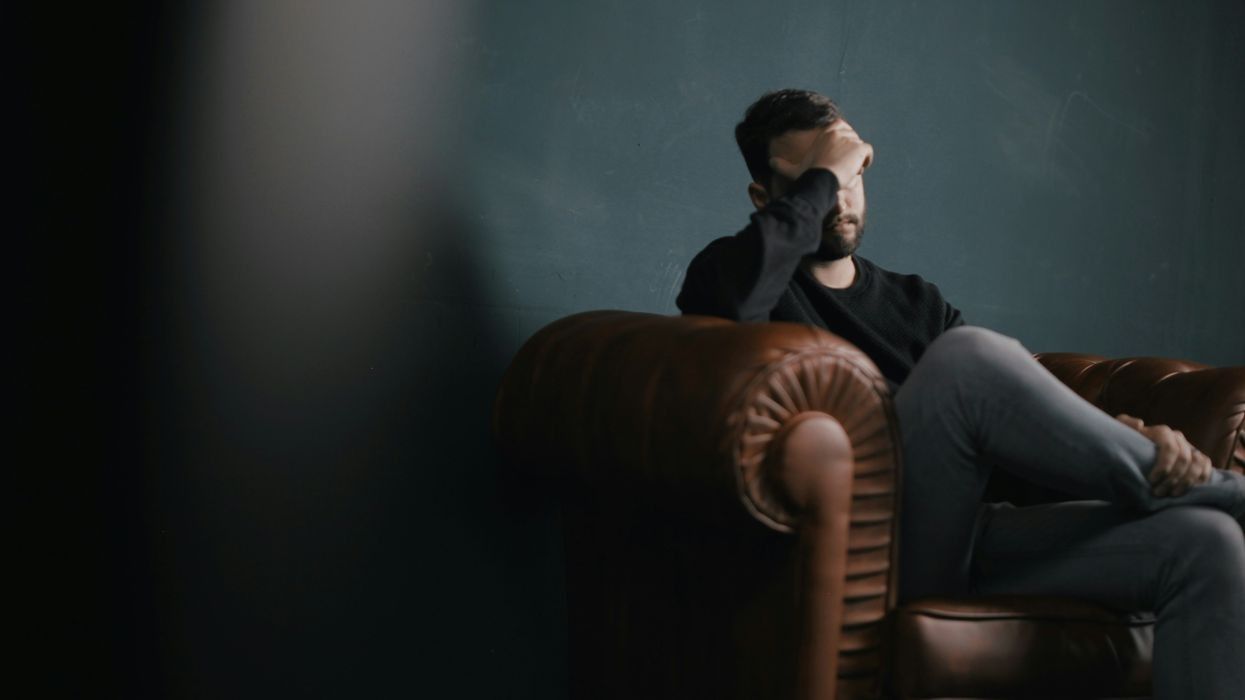



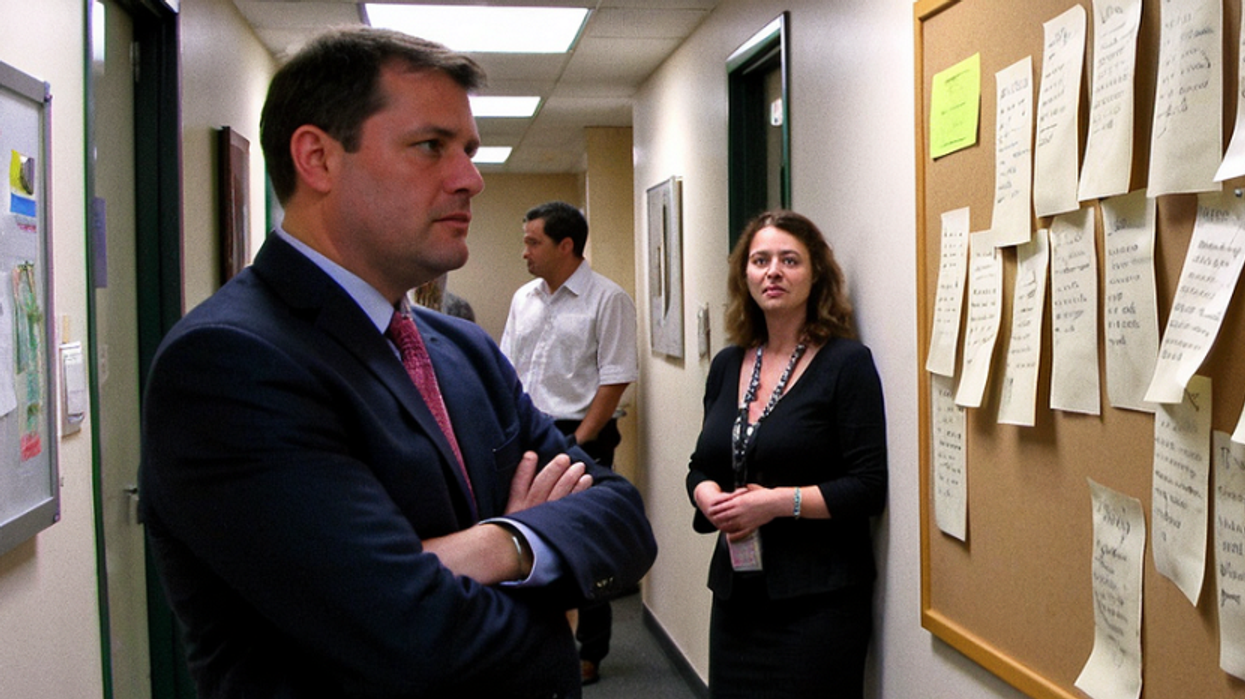
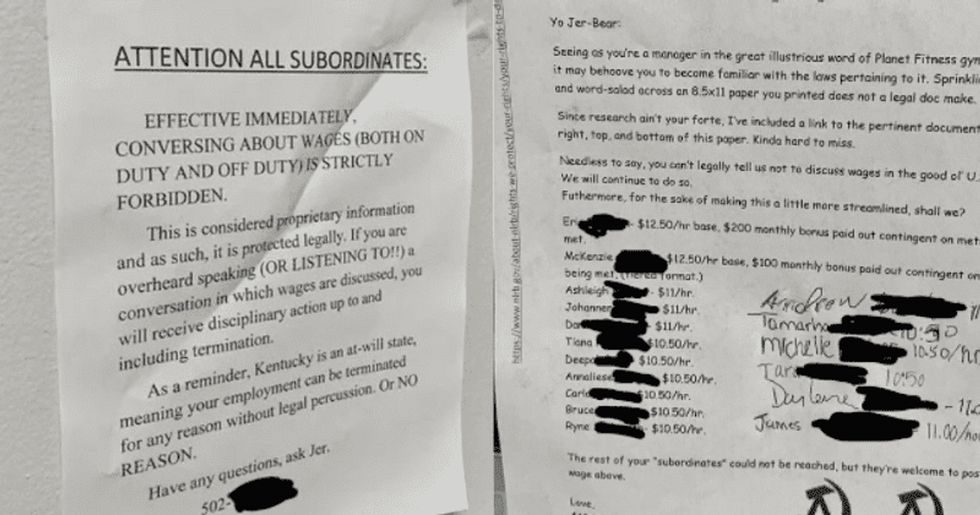 Image Source: Joshua Potash | Reddit
Image Source: Joshua Potash | Reddit 
